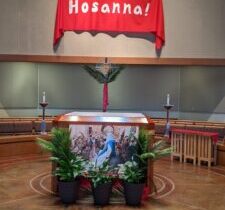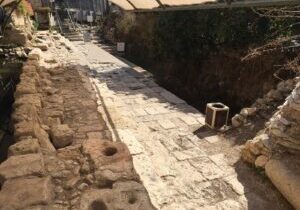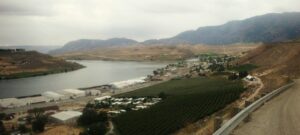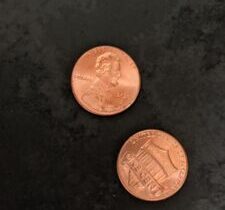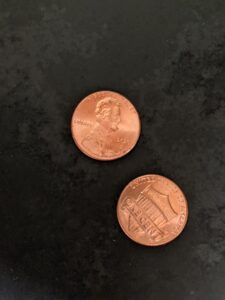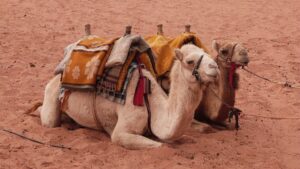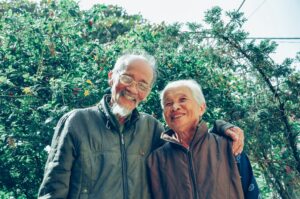A Light to the Gentiles
 “Paul and Barnabas continued on from Perga and reached Antioch in Pisidia.” (Acts 13:14) These words describe an event early in the first missionary journey of St. Paul, formerly known as Saul of Tarsus. They caught my attention as I realized I really didn’t know where Perga or Antioch in Pisidia were located. So, I did a little research.
“Paul and Barnabas continued on from Perga and reached Antioch in Pisidia.” (Acts 13:14) These words describe an event early in the first missionary journey of St. Paul, formerly known as Saul of Tarsus. They caught my attention as I realized I really didn’t know where Perga or Antioch in Pisidia were located. So, I did a little research.
As it turns out, Antioch is the name of at least two cities in the ancient world. One is in what we know today as Syria. This is the Antioch in which followers of the way were first called Christians (Oil Heads). The other Antioch is a city in what is now Turkey, near the southwestern edge of the great central plains in the center of Turkey. This Antioch was known as Antioch in Pisidia (a region of Asia Minor and part of the Roman Empire).
Tarsus, the home city of St. Paul, is also in southern Turkey, but much farther east, closer to Syria. It was to Tarsus that Paul retreated for safety after his encounter with Jesus on the road to Damascus led to his conversion. Following a time of retreat in the desert, he went to Jerusalem and gained acceptance from the community he once had persecuted there. But the authorities were angered by his conversion and he was not safe there, so the community in Jerusalem advised to go back to Tarsus, for everyone’s safety.
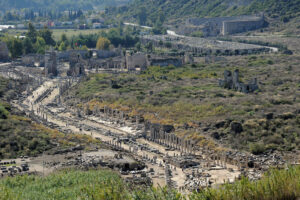 About eleven years after his conversion, the community in Antioch (in Syria) sent him on a missionary journey with Barnabas, one of the early followers of Jesus. They traveled to Cyprus and then to Turkey, landing at Perga on the southern coast in a region known as Pamphylia. From there they traveled over the mountains to Antioch in Pisidia.
About eleven years after his conversion, the community in Antioch (in Syria) sent him on a missionary journey with Barnabas, one of the early followers of Jesus. They traveled to Cyprus and then to Turkey, landing at Perga on the southern coast in a region known as Pamphylia. From there they traveled over the mountains to Antioch in Pisidia.
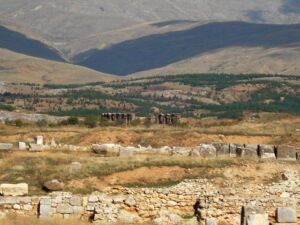 The readings for the Fourth Sunday of Easter begin with the story of what happened in Antioch in Pisidia. (Acts 13:14, 43-52) As was their custom, when they first visited a new community, they went to the synagogue on the sabbath to worship. After the initial prayers, they were welcomed as visitors and asked if they would like to share anything with the community gathered there. A major section of the narrative is left out of today’s reading, but it’s good to know what it was. Paul stood up and went through the history of God’s dealings with the Jewish people, from the time of the exodus from Egypt to the present. He reminded them of the prophecies of the coming of a Messiah and of God’s care for them through the centuries. Then he presented the good news that the Messiah had come, had been put to death, and had been raised from the dead. As they left the synagogue that day, they were invited to return again the next week to tell more about these events.
The readings for the Fourth Sunday of Easter begin with the story of what happened in Antioch in Pisidia. (Acts 13:14, 43-52) As was their custom, when they first visited a new community, they went to the synagogue on the sabbath to worship. After the initial prayers, they were welcomed as visitors and asked if they would like to share anything with the community gathered there. A major section of the narrative is left out of today’s reading, but it’s good to know what it was. Paul stood up and went through the history of God’s dealings with the Jewish people, from the time of the exodus from Egypt to the present. He reminded them of the prophecies of the coming of a Messiah and of God’s care for them through the centuries. Then he presented the good news that the Messiah had come, had been put to death, and had been raised from the dead. As they left the synagogue that day, they were invited to return again the next week to tell more about these events.
The reading picks up again at this point, noting that many of the Jews and others who were converts to Judaism followed them and were excited to hear this news. Paul and Barnabas continued to speak with them during the week. The next sabbath, when they went to the synagogue, a large crowd, including non-Jews, gathered to hear them speak. Leaders of the synagogue became jealous and argued “with violent abuse” against what they were saying.
Paul and Barnabas did not back down in the face of this opposition. Instead, they boldly stated that although it was essential first to present this news to the Jewish community, they were now going to obey an ancient command of God – to become “a light to the Gentiles” and an “instrument of salvation to the ends of the earth.” This command is from the Book of Isaiah (49:6). It would have been well known to this community in Antioch.
Non-Jewish residents of Antioch were delighted with the news of salvation extended to them. But opposition from the Jews of the city, including some prominent women, stirred up enough opposition that Paul and Barnabas were tossed out of the territory. So they continued their journey to Iconium, another city to the southeast of Antioch. We are told that they “were filled with joy and the Holy Spirit.”
In this account, we see the beginnings of Paul’s mission to the Gentile world, to all of us who are not genetically descended from Abraham, Isaac, and Jacob. Paul and Barnabas continued this practice of going first to the synagogue in communities they visited, and then to the Gentiles. They traveled extensively throughout Asia Minor (Turkey) and Greece. Eventually, they even went to Rome. Paul was martyred there in 68 A.D.
The second reading, from Revelation (7:9,14b-17) speaks of a great multitude of people “from every nation, race, people, and tongue” who stood in front of the throne of the Lamb. These people represent the entire world, gathered to praise the Lamb. They have survived a time of great suffering, washing their clothing in the blood of the Lamb, and thus being purified. The Lamb will provide all they need and lead them “to springs of life-giving water) as a shepherd. God will wipe every tear from their eyes.
Not long after Jesus described himself as the good shepherd who knows his sheep and whose sheep follow him, St. John tells us of an encounter between the authorities and Jesus at the Feast of the Dedication (the re-dedication of the altar at the temple in 164 B.C.). The authorities were pressing him to state clearly whether he was the Messiah or not. Jesus refused to say so directly. Instead, he pointed to his works and his teachings. “The works I do in my Father’s name testify to me.” (Jn10:25) Then he told them the reason they didn’t believe in his teachings was that they were not among his sheep.
John quotes Jesus in the reading today (10:27-30). “My sheep hear my voice …” He describes his followers as his sheep, given to him by the Father. Then he sates, “The Father and I are one.”
The Shepherd, who is also the Lamb, calls people from all the world, Jews and Gentiles alike. He cares for them and provides for all their needs.
This is the great good news which we receive each day as we join in prayer and reflection on the scriptures. Ours is not a faith that excludes anyone. All are welcome. All share in the gift of salvation. All are called to share this good news with everyone we meet by the way we live our lives. We are all the sheep of the Good Shepherd – cared for, protected, and guided by the One who loves us.
Do I really believe this? Do you? Does my life reflect this reality? How does the love of the shepherd/lamb shine through in my life? Do I care for others whom I meet? Am I gentle and loving in my dealings with others? Will others see His love because my life is a window rather than an obscuring wall? Much to consider, both as individuals and as a community of faith.
Read More


